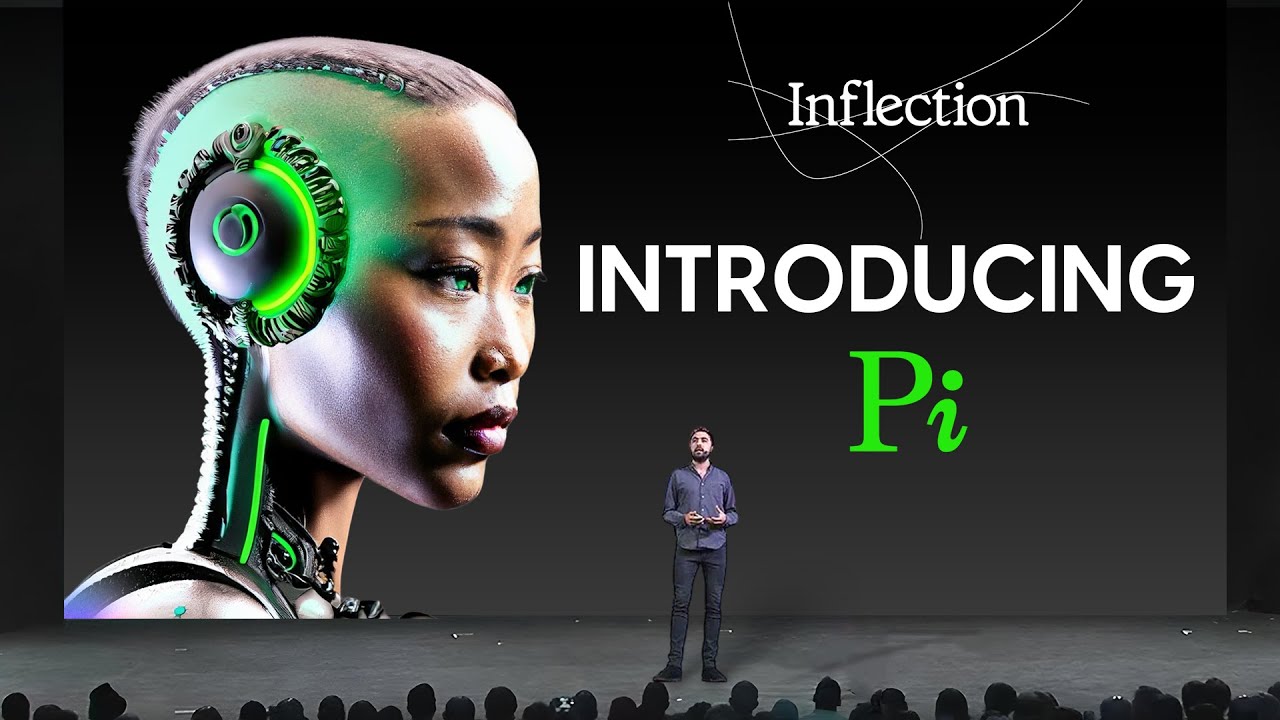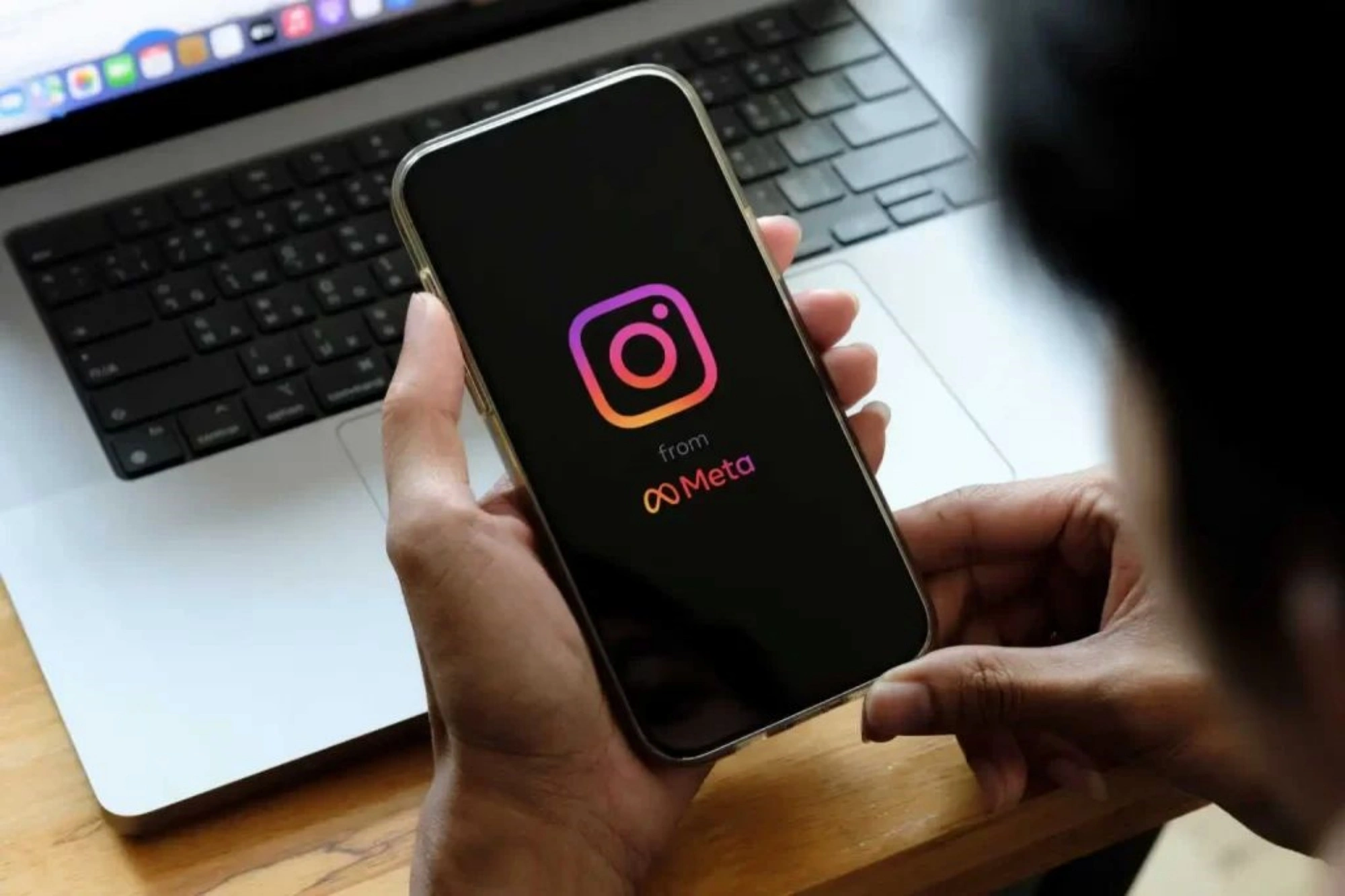Tidal has introduced new features enabling artists to track royalties and manage their credited music on the platform
The intricacy of music royalties is Byzantine. All collaborators on a specific track, including composers and performers, must register with a Performing Rights Organization (PRO) and obtain an Interested Party Information (IPI) number that designates them as the rights holders of the track in the United States.
The PROs of various regions monitor the usage of the recordings and ensure that artists receive their royalties.
Tracking royalties and the locations where their works have been utilized is the most significant obstacle for artists in this field.
Mechanical reproduction (CDs, MP3s, vinyl, film soundtracks, and publishing on streaming services) and performance (airplay, streaming, or performing in public) are subject to distinct royalty rights.
After verifying their documentation, artists who possess a PRO and IPI number may claim their profile on Tidal and commence monitoring royalties.
Tidal has implemented a dashboard that displays the artist’s IPI, PRO, and publisher information, as well as the recordings that have all the artist and royalty information registered, tracks that lack a matching listing on Tidal, and tracks that Tidal believes may be the artist’s work but are not properly credited.

Tidal offers a digital PRO subscription service called AllTrack for artists just beginning their careers.
The organization monitors data regarding entertainment venues, local businesses, TV and radio stations, and streaming services.
Additionally, there is an opportunity to join the Mechanical Licensing Collective (MLC). This nonprofit organization accumulates and distributes royalties to artists for streams and downloads in the United States.
Furthermore, Tidal’s new toolkit enables artists to verify the accuracy of royalty divides by reviewing track or album metadata. If necessary, they may suggest modifications.

These instruments are available to artists at no cost. Tidal is employing its catalog and third-party data to monitor royalty information.
TechCrunch was informed by Agustina Sacerdote, Tidal’s global director of product, that the company had elected to develop this dashboard due to the outdated or overly complex nature of the current tools available to artists.
“To be a company that prioritizes artists, it is essential to acknowledge that the primary artist is frequently the public figure with whom we associate the track.”
However, the endeavor is made possible by a comprehensive ecosystem of collaborators and contributors.
She stated, “We think that songwriters are an indispensable component of the ecosystem, and the tools developed for them are old-fashioned and intricate. Consequently, we resolved to address the issue.”
Unsurprisingly, a few venture-backed startups are also attempting to address this issue. Mogul, which backWonder Ventures and United Talent Agency back, provides tools that assist artists in tracking unclaimed royalties.
Mozaic, which has raised a $20 million Series A round from Volition Capital, is developing a solution that simplifies dividing royalties among collaborators.
Block’s Tidal appears to prioritize the development of products for artists over consumers.
For example, Spotify is expanding its reach by offering social features for podcasts and music and an online learning service designed for consumers. Additionally, it allows artists to sell merch and tickets.
In the meantime, Tidal introduced Collabs last year, a feature enabling users to collaborate with others in recording or live performances.
The company disclosed to TechCrunch that it is testing new features to facilitate the connection between artists and their followers on Square.
Additionally, Block is contemplating using Cash App to expedite the payment process for artists.



